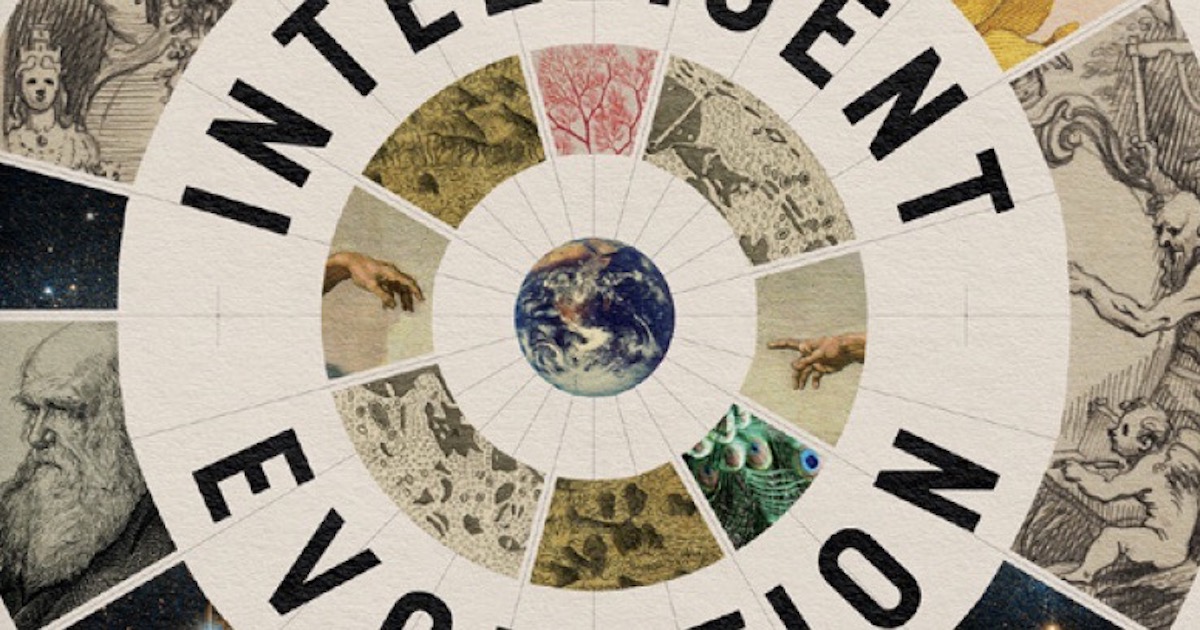 Evolution
Evolution
 Intelligent Design
Intelligent Design
Alfred Russel Wallace: Shedding Light on Darwin’s Shadow

Co-discoverer of the theory of evolution by natural selection, Alfred Russel Wallace broke with Charles Darwin over scientific questions that today point scientists to intelligent design. He arguments are more pertinent now than ever.
Wallace as Darwin’s Shadow
From “Shedding Light on Darwin’s Shadow,” the introduction to the newly released Intelligent Evolution: How Alfred Russel Wallace’s World of Life Challenged Darwinism, edited by science historian Michael Flannery:
Darwinian theists, in fact, share a peculiarly inflated view of nature with many atheists. Noted atheist Daniel Dennett, for example, praises “Nature” as a “wonderful wedding of chance and necessity” that leaves him in awe of its “sacred” magnificence. Similarly, Richard Dawkins talks of “the power [of the Darwinian worldview] to dissolve astronomical improbabilities and explain prodigies of apparent miracle.” Darwinian theist Karl Giberson exclaims, “Nature is grand on so many levels. Does this grandeur have something to do with the fact that it was created by God?” Giberson thinks so, but offers little in the way of evidence for that “something” other than his own feelings. Fellow-traveler Ken Miller is just as transported by it all as he waxes eloquent about “chance and wonder” and how “we should take genuine delight in knowing that we are the products of the natural world,” a world the specifics of which “could have turned out quite differently.” [Deborah] Haarsma [president of the Darwinian theist think tank BioLogos], on the other hand, is more “passionate about seeing God’s hand at work in natural processes,” and explicitly argues that “Natural laws are a testimony to God’s faithful providential care as he upholds the existence of all matter and mechanisms moment by moment,” but the underlying mechanisms where she sees the hand of God are . . . largely blind. A providential hand cannot at the same time be a blind one. C. S. Lewis once quipped, “Nonsense remains nonsense even when we talk it about God.”
No amount of numinous language can alter historian/philosopher Arthur Koestler’s observation [in The Sleep Walkers (1959)] concerning the rise of philosophical reductionism of the kind ushered in by the Darwinian paradigm. “The space-spirit hierarchy was replaced by the space-time continuum” as an intelligent spiritual world gave way to a blind law-based nature:
As a result, man’s destiny was no longer determined from “above” by a super-human wisdom and will, but from “below” by the subhuman agencies of glands, genes, atoms, or waves of probability. This shift of the locus of destiny was decisive. So long as destiny had operated from a level of hierarchy higher than man’s own, it had not only shaped his fate, but also guided his conscience and imbued the world with meaning and value. The new masters of destiny were placed lower in the scale than the being they controlled; they could determine his fate, but could provide him with no moral guidance, no values and meaning. A puppet of the Gods is a tragic figure, but a puppet suspended on chromosomes is merely grotesque.
Wallace — nature’s prophet — saw this dire assessment long before Koestler. His World of Life offers an alternative. His was an effort to restore nature to the “space-spirit hierarchy” it once knew.
And that “space-spirit hierarchy” seems to be confirmed with every new discovery.
Learning from Alfred Wallace
There is much more to tell than this excerpt can convey. Read more and learn more from Wallace’s own World of Life. You can order it for yourself here.
